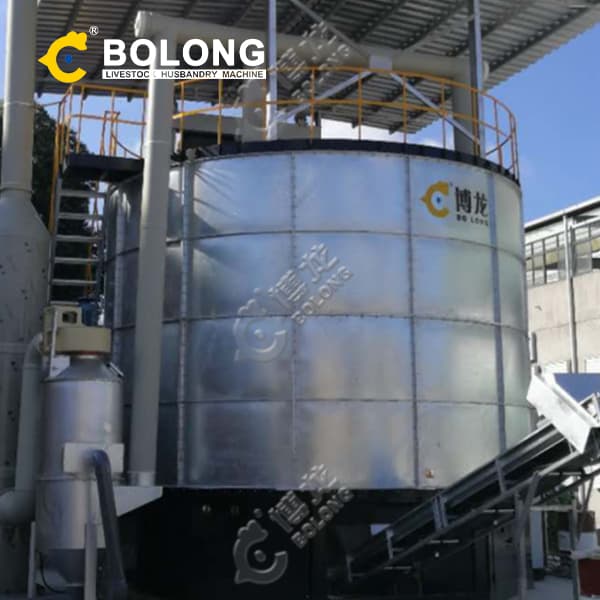
2023/12/1/ · There are several types of waste, including municipal solid waste, agricultural waste, biomedical waste, and industrial waste. Municipal solid waste is generated from household and commercial activities and consists of food waste, paper, plastic, metal, glass, and other materials ( Rouf Ahmad Bhat et al., 2018 a, b; Verma et al., 2016 ) ( Fig. 1 ).
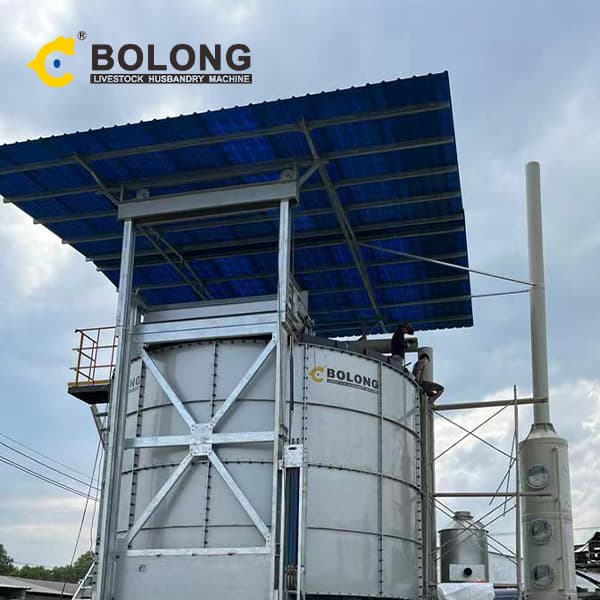
An industrial composting system that includes a shredder and a composter, is a highly efficient and cost-effective method for managing grow waste, in comparison to other options. The shredder is an important pre-treatment tool to facilitate the composting of plant residues, thereby ensuring their destruction and denaturation.
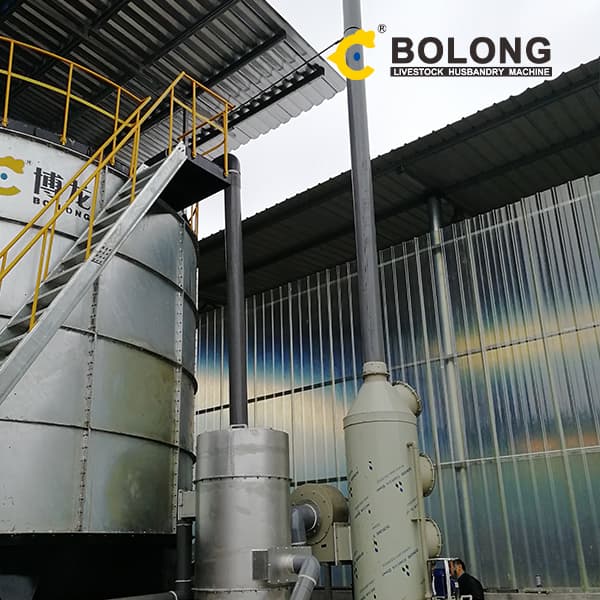
2010/11/16/ · Compost is a soil amendment produced through the metabolism of an organic substrate by aerobic (oxygen-requiring) microbes under controlled conditions. In this finished passive aerated windrow
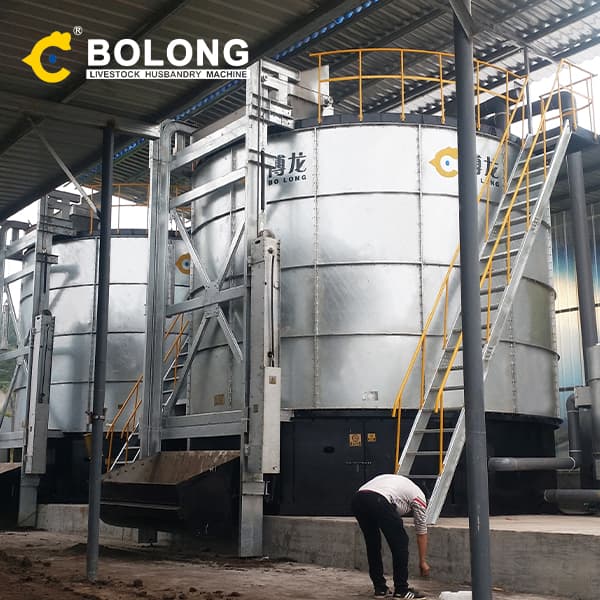
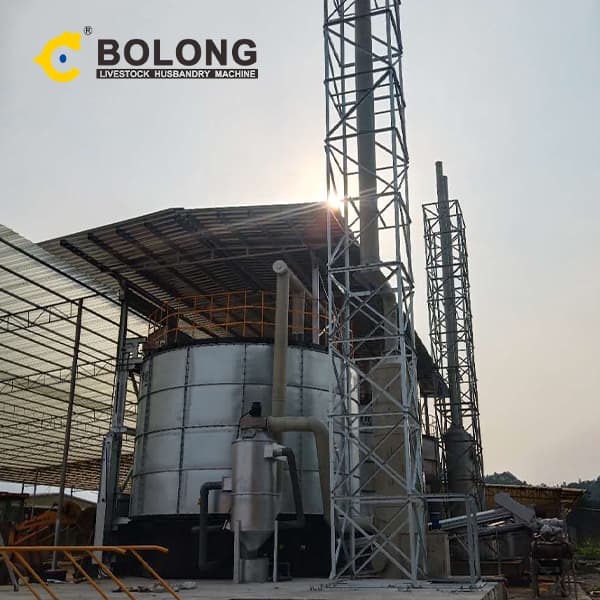
2023/1/1/ · They conducted a pot experiment comparing sewage sludge from two different wastewater treatment plants with a compost produced from sludge and agricultural waste. Their results showed that the sludge composted with agricultural waste met the legal requirements for land application, whereas the non-composted sludge had a high pathogens content, which
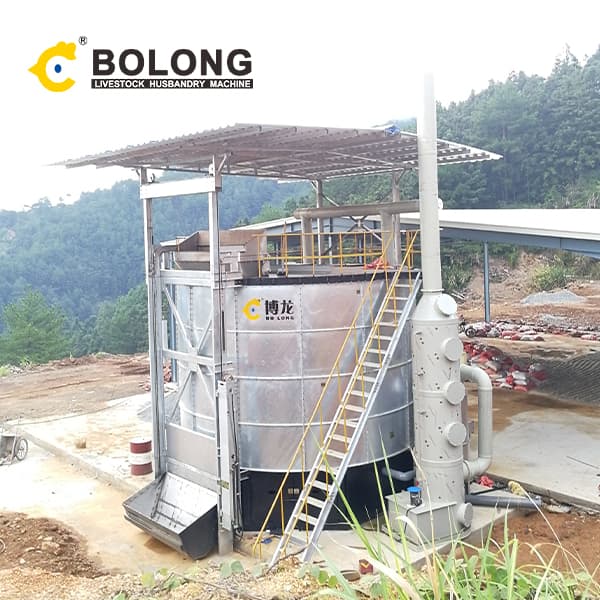
This article introduces advanced EFB and POME composting technology details. the application of compost turner shows great success in the harmless treatment of palm oil waste. Composting/Treatment Process of Palm Oil Mill Waste -EFB & POME. empty fruit bunch & palm oil mill effluent turns into quality compost fertilizer.
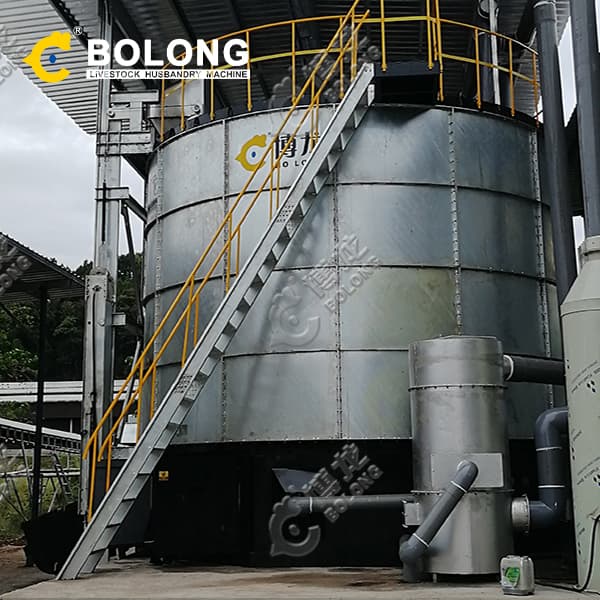

The process of Industrial composting Alright, fellow compost enthusiasts, let's unravel the magic behind industrial composting! Picture this: a controlled symphony of microorganisms, oxygen, moisture, and temperature working together to turn organic materials into
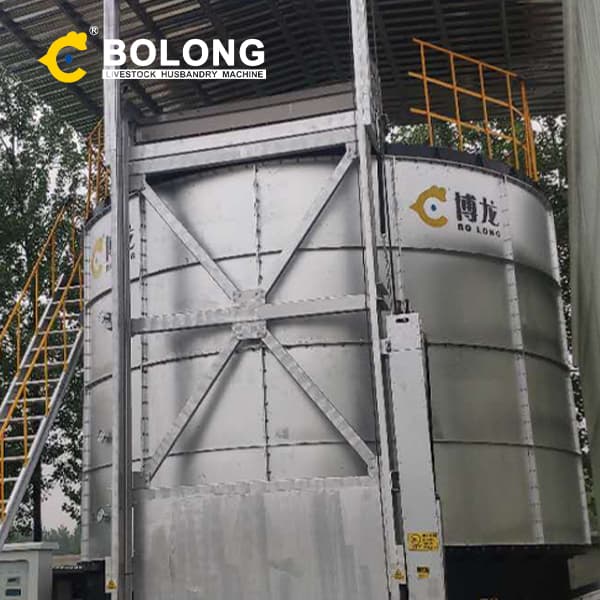
2024/9/10/ · With the intensive planting and farming practices have been adopted (Wang et al., 2017), the treatment of agricultural waste has become a key problem that has hampered rural development. To realize straw biomass use, as well as to recover nutrients in animal

Due to the high demand for food and meat for the world's growing population, the agricultural sector is expanding every year. Timely and effective treatment is of utmost importance to utilize organic matter in agricultural waste and avoid environmental pollution. Composting or aerobic fermentation is an effective way to treat agricultural waste and produce organic fertilizer.
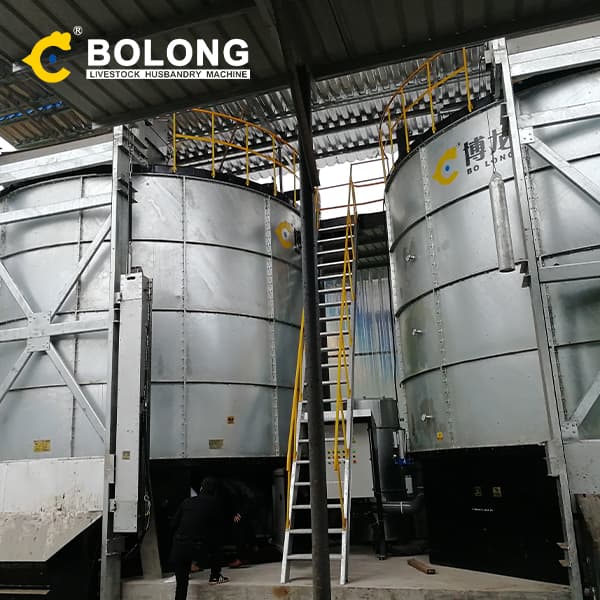
2018/2/1/ · The compost can be successfully applied to the soil, with amending and fertilizing function, to recover degraded soils or maintain/increase soil fertility sensu latu; to exert plant disease suppressiveness; to sequester carbon into the soil thus reducing global warming; to reduce production costs and negative impacts of agricultural activities by limiting inputs of

2019/2/4/ · Vermicomposting is a desirable alternative to traditional environmental management techniques, as seen above. In addition, it reduces the negative consequences of improper organic waste management

TOGO has been engaged in offering a broad variety of food waste composting machines. Our offering range converters the organic waste added the machine into nitrogen-rich compost from vegetables by reducing its value at almost 90% of the original. We are
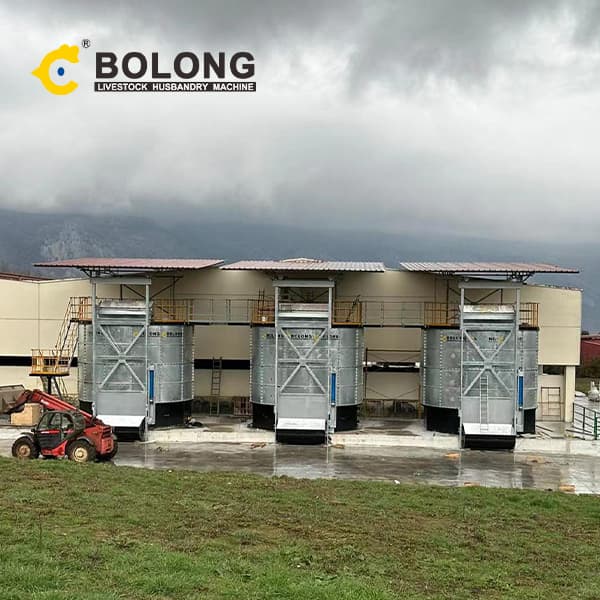
2023/4/24/ · PDF | In this chapter, the precision agricultural and waste management systems using artificial intelligent techniques are In comparison to compost and initial agro-industrial waste ...
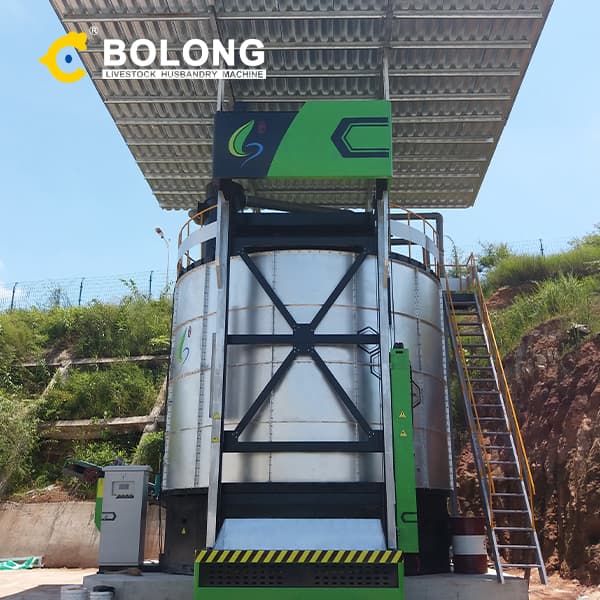
Greenhouse Gas (GHG) emissions in the Waste Sector in Ukraine amount to approximately 12 Mt CO 2-eq. It’s the only sector where the GHG emissions upward trend has been observed since 1990. More than 65 % of GHG emissions in the Waste sector are